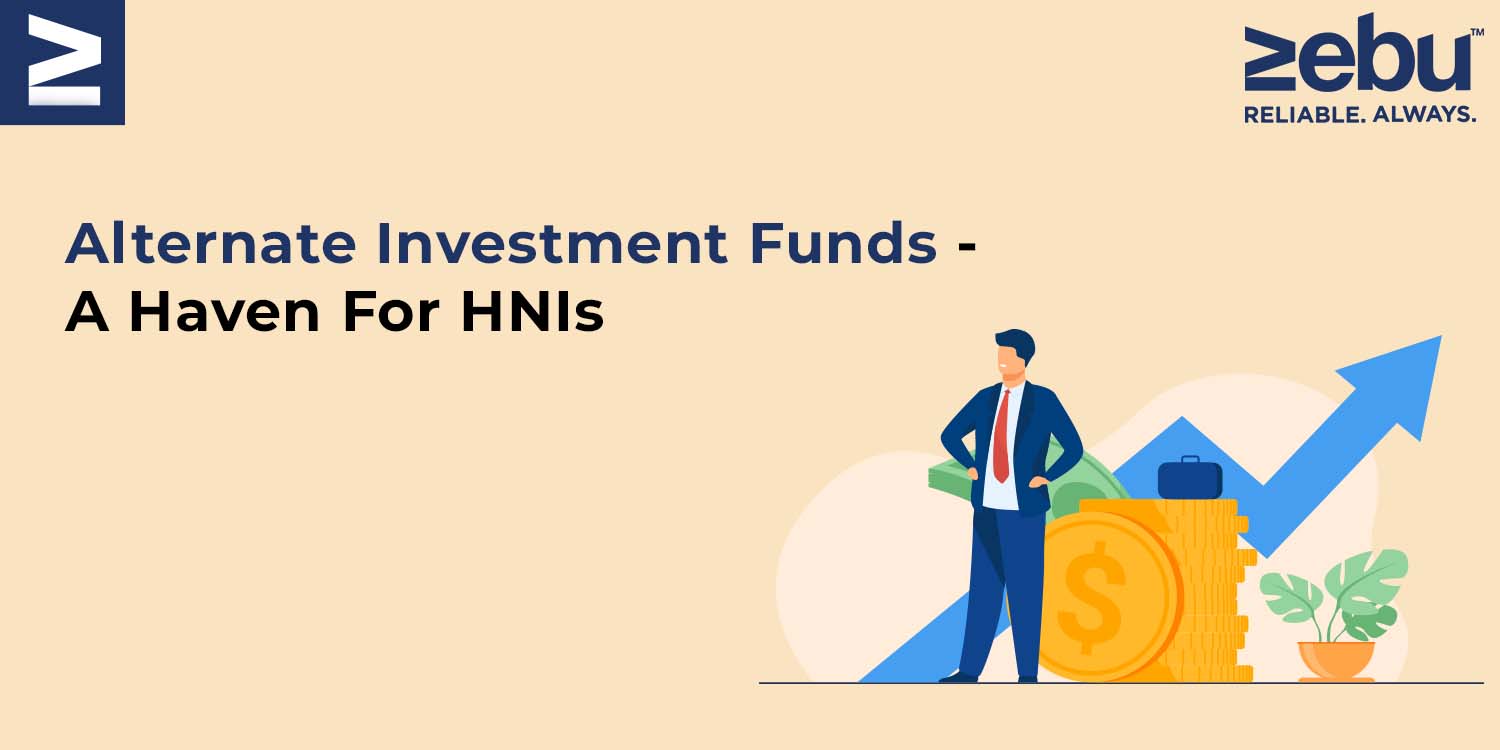
We all know that investing in stocks can be good because, if done right, it can give you a huge return. We buy our stocks from the companies listed only on the stock market. However, there are companies that are not listed on the market whose shares you can buy. These are called unlisted stocks. Many of us don’t know that there are many benefits to investing in shares that aren’t on the stock market.
1. Diversification of risk
Unlisted shares have different risks than listed shares and can be a good addition to a portfolio of listed shares. They can be a good way to spread out your investments. Unlisted shares have the same or a better chance of making money than listed ones. There’s a chance that these stocks will go public at some point in the future. When they do, there’s a good chance that they’ll go up a lot. But whether you buy listed or unlisted shares, it’s important to look at the valuation metrics along with the price and buy stocks that are undervalued but have a good chance of growing earnings.
2. Undervaluation:
Since most unlisted shares can’t be sold quickly, they can only be bought by people who are willing to keep their money invested for a long time. Since there is less interest in these investments and fewer people want to join this community, the valuations are usually lower. There are many chances to invest in a stock that is undervalued. To find these opportunities, you need to be smart and know what to look for. For a beginner, it may be best to hire a professional who can give them the help they need.
3. Lower volatility
Because the shares aren’t easily sold, there are a lot fewer worries about their volatility. The standard deviation, which is a technical way of talking about how volatile something is, is much lower than listed shares. But if the wrong investment is made, the amount of money lost can be very high. Demand and supply for these stocks are not tracked every day, so the price would not change every day. When compared to listed shares, this investment will be less stressful in terms of money because the prices are fairly stable.
How much should you spend on unlisted stocks?
One should only buy unlisted shares if they are a good fit with the rest of their portfolio. Going overboard can make things a lot more dangerous. It is important to figure out your risk-appetite and how risky the investment is. Then, you can choose an investment that fits your risk profile. The risk of losing a lot of money in unlisted stocks is very high, so it’s important to only buy as much as fits your risk tolerance.
We suggest that if you are a beginner investor you should keep away from unlisted stocks but if you are an experienced investor, that you still take the help of a financial advisor before investing in unlisted stocks.
